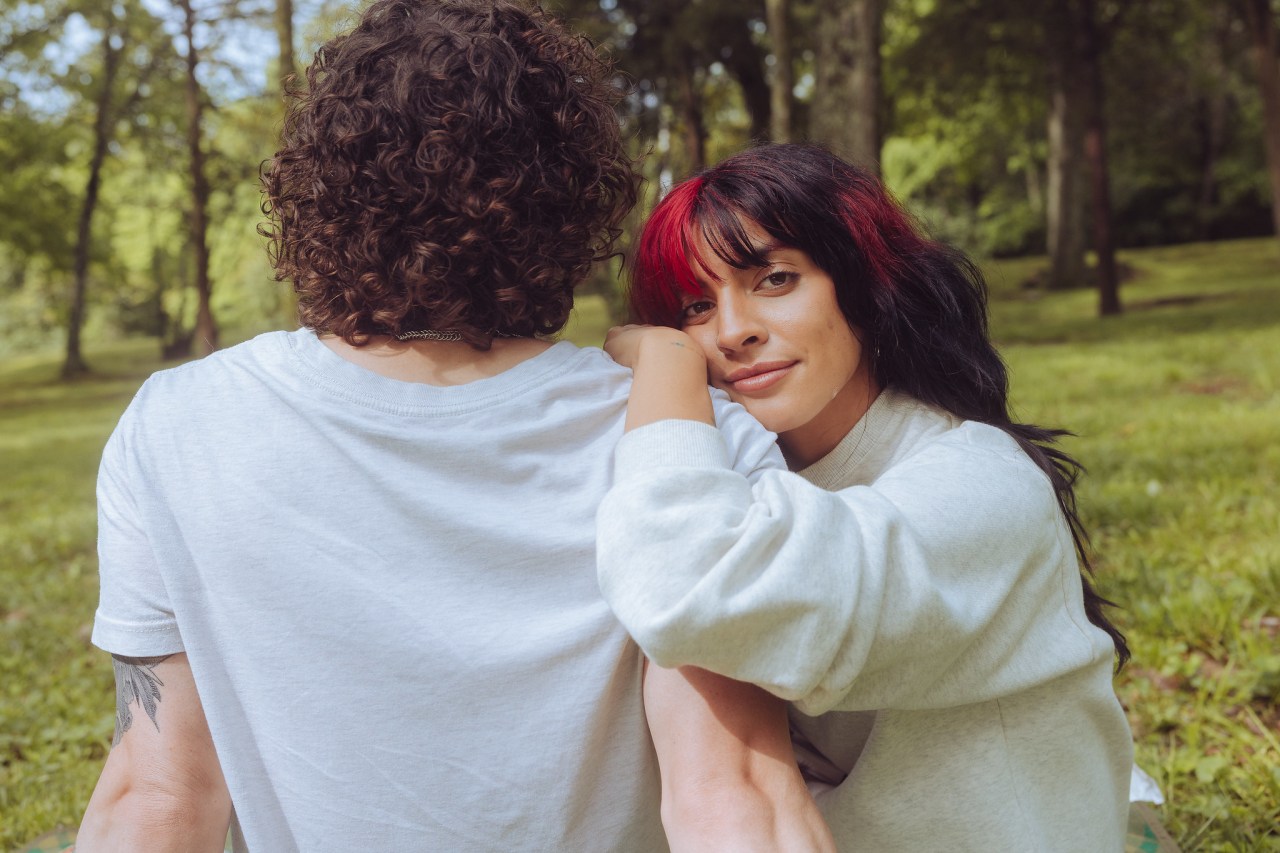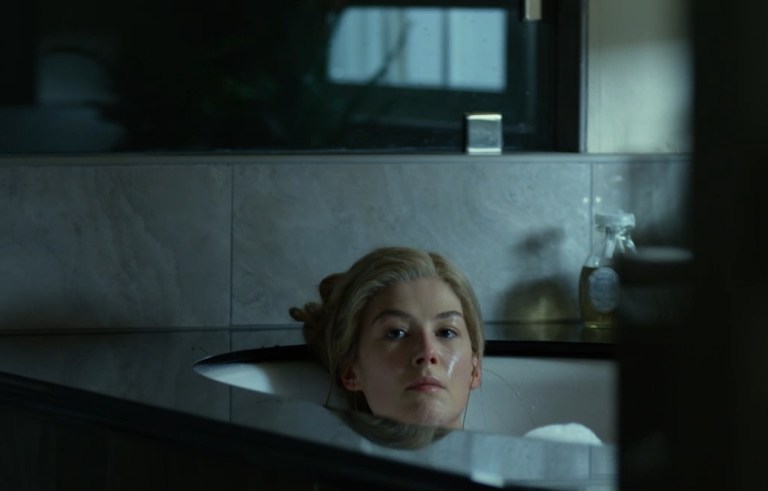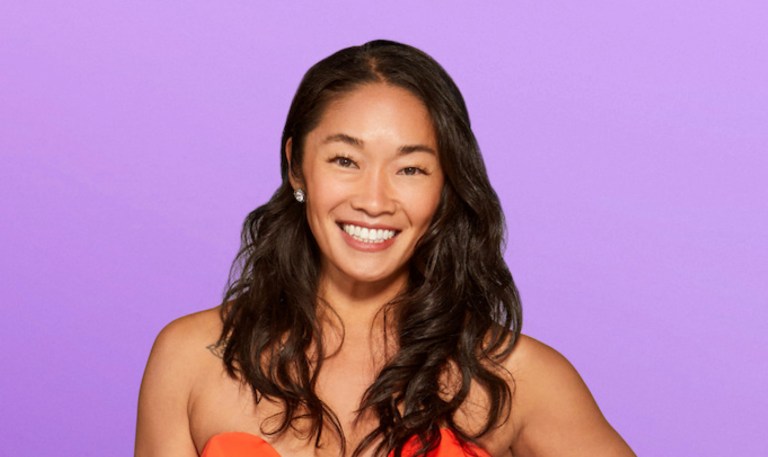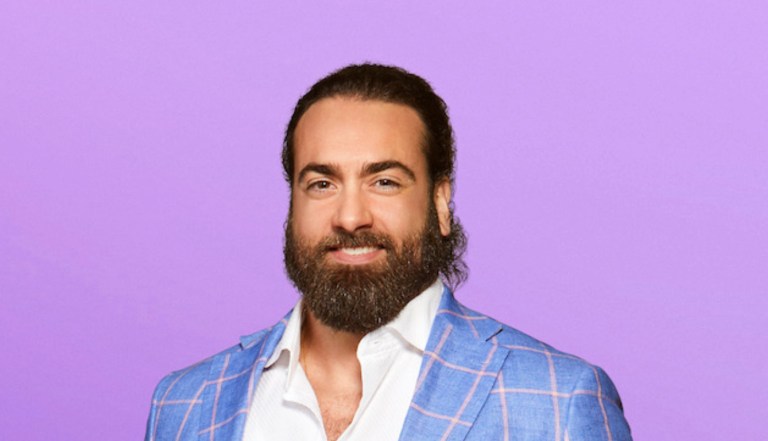
Love and Understanding: Dating With Crohn’s Disease
Living with Crohn’s disease presents distinct challenges, not just in maintaining your health but also in your daily life and managing personal relationships, especially when it comes to dating. For those unfamiliar with Crohn’s disease, it is a chronic inflammatory disease that affects the gastrointestinal tract. Crohn’s causes symptoms like abdominal pain, diarrhea, fatigue, weight loss and malnutrition. Managing these symptoms is a daily requisite for those like me living with Crohn’s disease. These symptoms can also be unpredictable and debilitating, adding complexity to the already intricate dating world.
Managing Crohn’s disease requires careful consideration, especially when planning social engagements involving food or physical activities. One of the main aspects you have to manage is dietary restrictions, which can be difficult. For instance, I’ve found it helpful to explain that I can’t eat certain foods due to my condition, and suggest alternative options that I can enjoy. Specific foods can lead to uncomfortable flare-ups. As a result, impromptu dining experiences or experimenting with new cuisines can pose challenges. I have realized the importance of effectively communicating my dietary requirements and organizing outings considering my condition. This may involve selecting restaurants with versatile menus or choosing activities that are less strenuous on the body.
When dating with Crohn’s disease, one of the initial challenges is determining the right time and approach to disclose the condition to a potential partner. This conversation can be scary, as there is often anxiety about the other person’s reaction. There is a constant fear of being judged or rejected based on a health condition that is beyond one’s control. However, honesty is essential. Crohn’s disease can significantly impact mental health, especially in the context of dating. The anxiety surrounding symptoms, fear of flare-ups, and the stress of managing the disease can contribute to feelings of depression and isolation. Having a supportive partner who provides a listening ear and emotional support can be incredibly beneficial. If you do encounter a negative reaction, remember that it’s not a reflection of your worth. It’s okay to feel hurt, but try to focus on the fact that you deserve someone who will accept you for who you are, including your health condition.
Being transparent about my condition early in my relationship helped to establish trust. It allowed my partner to grasp the nature of the disease and form realistic expectations for our relationship. Open and honest communication with my partner about my well-being is essential. I also needed to find a patient partner who understood my limitations. This level of communication not only helps in managing my disease but also in building a solid and understanding relationship. There have been occasions when I’ve had to cancel plans due to sudden flare-ups, and an understanding and empathetic partner is vital in these circumstances. Their support and openness to adjustment can significantly contribute to sustaining a healthy relationship.
When planning dates with Crohn’s, a different approach is needed. While spontaneous outings may not always be an option, there are still plenty of ways to have enjoyable and engaging dates. I tend to choose activities that fit my comfort level and dietary restrictions, such as selecting restaurants with menus that accommodate my nutritional needs or organizing outdoor activities with easy access to facilities. I’ve realized the importance of having backup plans in case my symptoms flare up. These involve a cozy movie night at home instead of going out or a leisurely walk in the park instead of a more demanding activity. These adaptations ensure I can still enjoy the dating experience without putting excessive strain on my body, and they also serve as a reminder of the importance of self-care in managing a chronic illness.
Through the challenges, dating with Crohn’s has led to unexpected positives. It has enabled me to cultivate resilience, promote open communication, and better understand my needs and boundaries. Navigating the dating scene with Crohn’s disease is undeniably challenging, yet it also serves as a path to self-discovery and development. By embracing open communication, meticulous planning, and self-care, I’ve discovered that it’s feasible to find fulfillment in meaningful connections and experiences, even when dealing with a chronic illness. This journey has made me stronger and more resilient, and I hope it can inspire others in similar situations.











